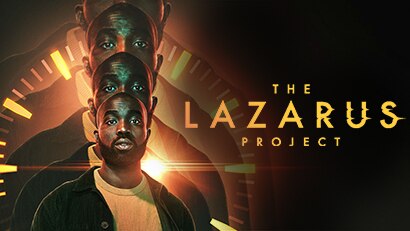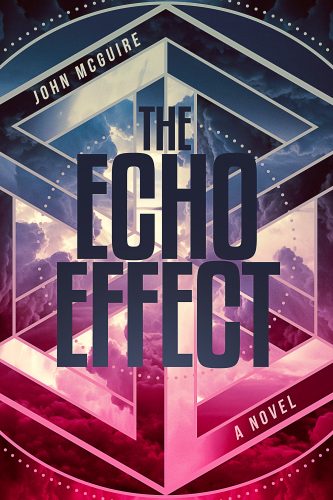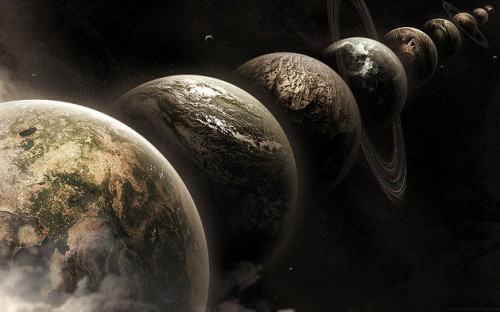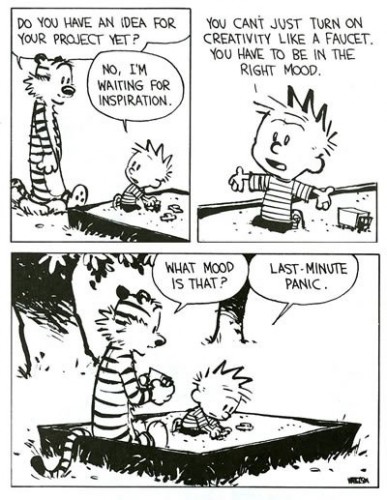The Walking Dead returned a couple of weeks ago.
But I’ll get to that in a second. And actually this is not specifically about the Walking Dead, it is just one of the latest “things” to get this treatment. I’m probably going to be all over the place with this post. Apologies in advance.
I want to talk about this thing that we all do. Well, I’m not 100% on that stat, but let’s say a fair number of internet people do and it drives me nuts.
The people who want to say one of the following:
“This show is not as good as it used to be.”
“This show isn’t as good as everyone says it is (effectively saying you are all sheep who are watching it).”
I know it is human nature to compare something to something else. We do it because it helps us identify things. Comparing helps us understand what it is we are watching. We think – this is kinda like X thing, and I really liked X thing, so I’m probably going to like this Y thing.
I do it too. There are certain shows, movies, books, songs, etc. that I am much more likely to enjoy than someone else. Time travel, zombies, anything dealing with alternate worlds, and Groundhog Day style movies/TV shows are all in that wheelhouse for me. If you have some aspect of those things I’m going to probably check you out.
****
Back in college I didn’t necessarily go to see every movie that came out. I’m not saying this as a statement of pride or anything else. It just was a fact. Even without going every week I saw a good number of movies. But by trying to narrow down a little bit, be a little bit discriminate meant that I missed a lot of bad movies. And I know this to be the case because if you’ve ever been up at 2 in the morning you see plenty of the “Bad” movies on HBO or TBS or TNT or… The flip side of that was, of course, I also missed out on a lot of good movies. That was the trade-off I was willing to make because I KNEW if something was really good a friend would let me know. And if something was only “OK”, well maybe I didn’t need to see that one.

Choosing that path meant that I saw movies that, most of the time, I didn’t have much bad things to say. Oh, maybe I wasn’t floored by the latest Tom Cruise movie, but it wasn’t necessarily a terrible movie by any stretch of the imagination. As time went on, those bad movies got forgotten or just relegated to the status of “Eh, it was ok I guess”.
Not the strongest endorsement, and I’m sure I had friends who thought that there were no movies I hated, but they didn’t realize I’d already done some level of weeding before I ever entered the theater. I mean, unless you are watching Mystery Science Theater 3000, there is little reason to watch a bad movie (note, however, I do not say there are no reasons – get enough people together and the worst movies can be the best experiences).
****
But what I don’t understand is this need to tear down things that other people like. That other people enjoy. Those people who are just waiting in the weeds… they want to tell you why something sucks or that Season 1 was soooo much better, the first movie was better, book 3 was the best and everything after those things were just absolute garbage.
Note, this isn’t about discussions where something isn’t exactly to another’s tastes. I love to talk about and dissect various movies, books, tv shows, etc. A back and forth about how maybe one thing was a little bit better than something else. A talk in which you are thinking about the things you liked and the things that you didn’t like.
As a writer I love trying to figure why something was done a certain way. As a fan of the form(s) I love to think about what might have worked better from that angle as well. Sometimes those things line up and sometimes they don’t.
I’m not stupid, I know that not everyone likes everything they see.
Why do we need to tear something down? Why do we have to nitpick things?
I notice this more due to the Internet forums. And yes, I understand I should just avoid bothering with them, but I’m clearly a glutton for punishment. And I’m always floored by venom being thrown at certain things because other people like them.
When do you just get to enjoy it?
****
Everything we consume has some kind of flaw. Nothing is 100% perfect. But why nitpick every last detail?
It seems like the only time this doesn’t apply is with shows that most people come in late on. Something like Breaking Bad. These things are done or almost done and we’ve consumed them in a way that maybe doesn’t allow for complete introspection. To put it another way, when you are binge watching something, you are more worried about getting to the next episode more than wondering why Walter White reacted in the way he did.
By watching a character arc in a matter of hours instead of weeks or years, everything has more weight and less weight at the same time. It means that maybe those tweaks and changes seem a bit more flawed than they need to be… because that true time to watch over the course of years is no longer needed.
****
Case in point: LOST. I am unapologetic about my love for this show. Is it perfect? No, of course not, but I’m willing to live with a few warts for one of the better shows on the tv screen (at least as far as I’m concerned).
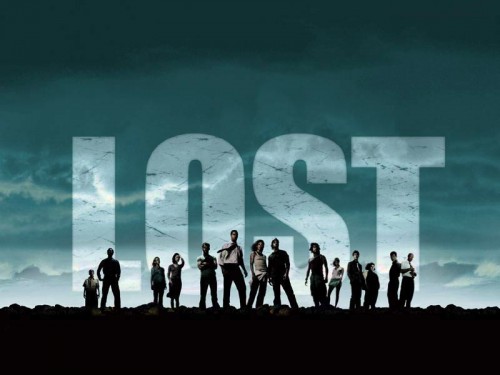
So many of the genre shows sometimes take the brunt of it. I remember that when Lost was heading towards the end of Season 1. Mysteries were being laid out, shit was getting real, and I remember reading a blog where the guy said that he’s not watching Lost because he feels like it is going to do to him what X-Files did to him (not solve the mysteries they laid out). Hey, that’s fine don’t watch, but then when don’t sit there and tell everyone else why they are dumb for watching and enjoying.
Because you know you’ve seen it. That sadistic glee where someone says they aren’t going to bother with something because of some reason. But then spends the next X number of years bashing that TV show because it can’t be any good (if it was, they would like it).
But this is Season 1 we’re talking about and you’ve condemned it, without having watched, because you don’t trust the writers to answer all the questions they are asking (it is an entirely different blog post that would be needed to answer what did or didn’t get answered).
I guess what bothers me is it feels so much like the crap that we are supposed to be over. We’d rather complain about something versus just turning the channel. We sit around and hope to be right about something being bad. What the hell kind of sense does that make? Does the ability to tell someone “I told you so” outweigh everything else in your life? Is that the only bit of joy left to you is to take away someone else’s joy so that they can join you in the pit of despair?
****
I’m not sure what part of the human condition this belongs to, but it has always bugged me. I don’t understand people who watch a TV show, read a comic series, and to a lesser extent watch movies or read novels who seem to take pleasure when something popular gets taken down a peg.
And don’t get me wrong, this is not necessarily a critique of when a show has jumped the shark. We’ve all seen that happen, and many times I realize it and still watch because of the investment in the characters outweighs some of the BS.
I’m talking more about those people who lay in the weeds to tell you “haha! I told you it was terrible and now you have to think it too!”
Maybe this sensitivity comes from being a writer and trying to see where something might have went wrong is a part of the process, but when you are giving feedback you are supposed to give “Constructive Critiques”. The people I’m talking about wouldn’t know how to do much more than “It’s stupid and so are you!”.
****
Why do we need to hate something? Wouldn’t it just be easier to love something different? Why can’t we change the channel?
Of course the flip-side to all of this is that desperate want for someone to agree with you that something is the BEST THING EVER!
****
This phenomenon is something I see mentioned in conjunction with the Walking Dead currently. It gets these monster ratings and that only seems to enrage certain people out there. But it isn’t the only thing.
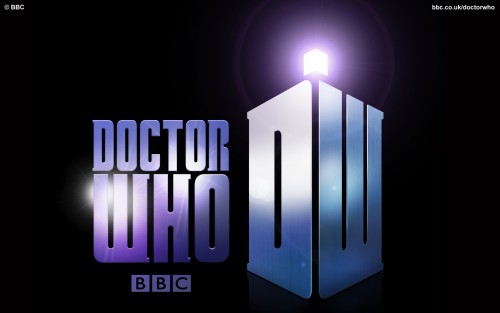
I decided to get into Doctor Who this season. Yes, I realize that there have been 25+ seasons and 11 Doctors, but with a new incarnation I thought this would be the best time to maybe give it a try. So imagine my horror when everyone was talking about ending their own viewing of the show with the demise of Matt Smith’s Doctor. So many people were on Facebook talking about stopping, and I wanted to write each of them to say “Hey, I’m finally ready to fall in love with something you love and… hey where are you going?”
Why does it matter? Why does it matter to me that everyone who was watching (and I assuming loving the show) still continue with the new Doctor? What does it matter to me? And why would I even allow it to possibly affect my own enjoyment of the show?
It doesn’t. And yet, just tonight I read a blog post where the writer just had a passing slam about the new version of the show. Literally 2 sentences in a blog completely unrelated to Doctor Who in any way possible. Talking about how this version is just terrible.
And then it occured to me. That little shot at something that I like, without any explanation, feels like (whether it is or not) a personal shot at me. That by me saying “I like this thing” anytime someone else comes along and says “Well I hate that thing” it must mean that they hate something about me. And I’d rather not be hated, but somehow there is nothing I can do about it.
What is wrong with me? Why should I care?
I wish I knew.
***
John McGuire
John McGuire is the author of the supernatural thriller The Dark That Follows, the steampunk comic The Gilded Age, and the novella There’s Something About Mac through the Amazon Kindle Worlds program.
His second novel, Hollow Empire, is now complete. Each episode is only $0.99. But you can go ahead and purchase the full novel (all 6 episodes) right now for $4.99 with the above link!
He also has a short story in the recently released anthology Beyond the Gate, which is free on most platforms!
He can also be found at www.johnrmcguire.com.
